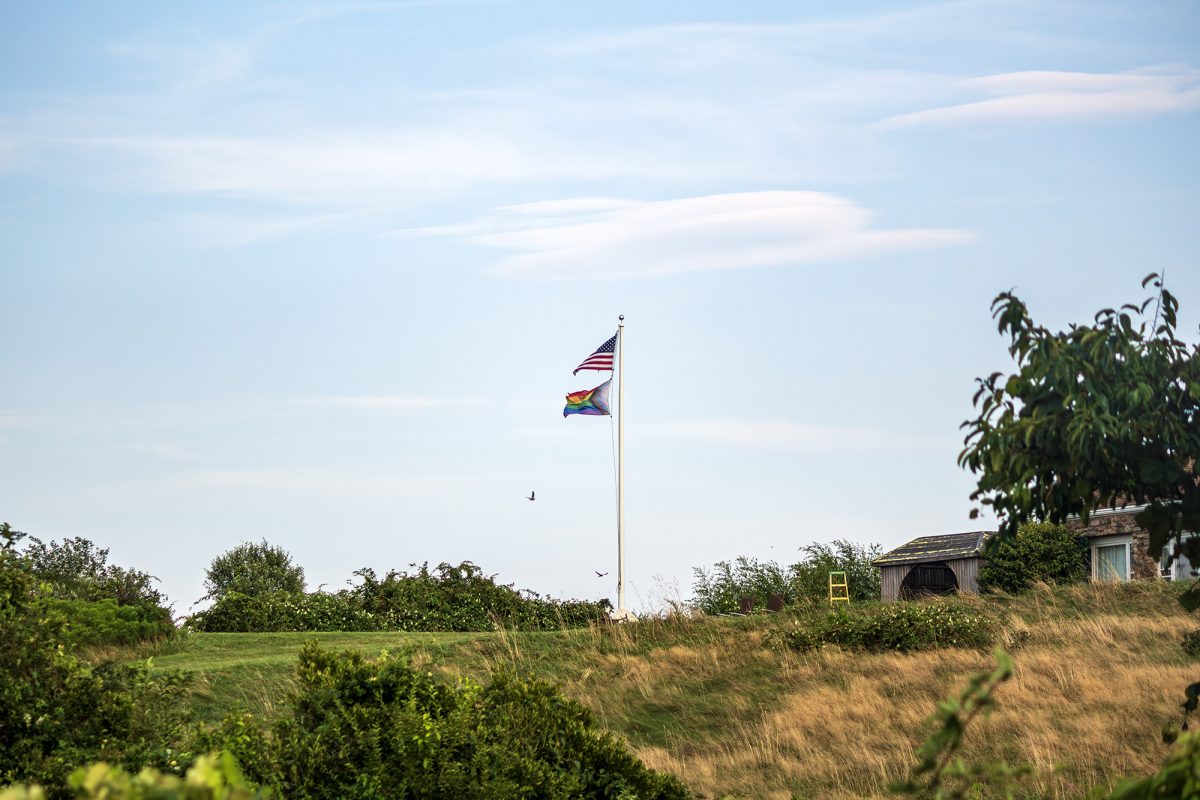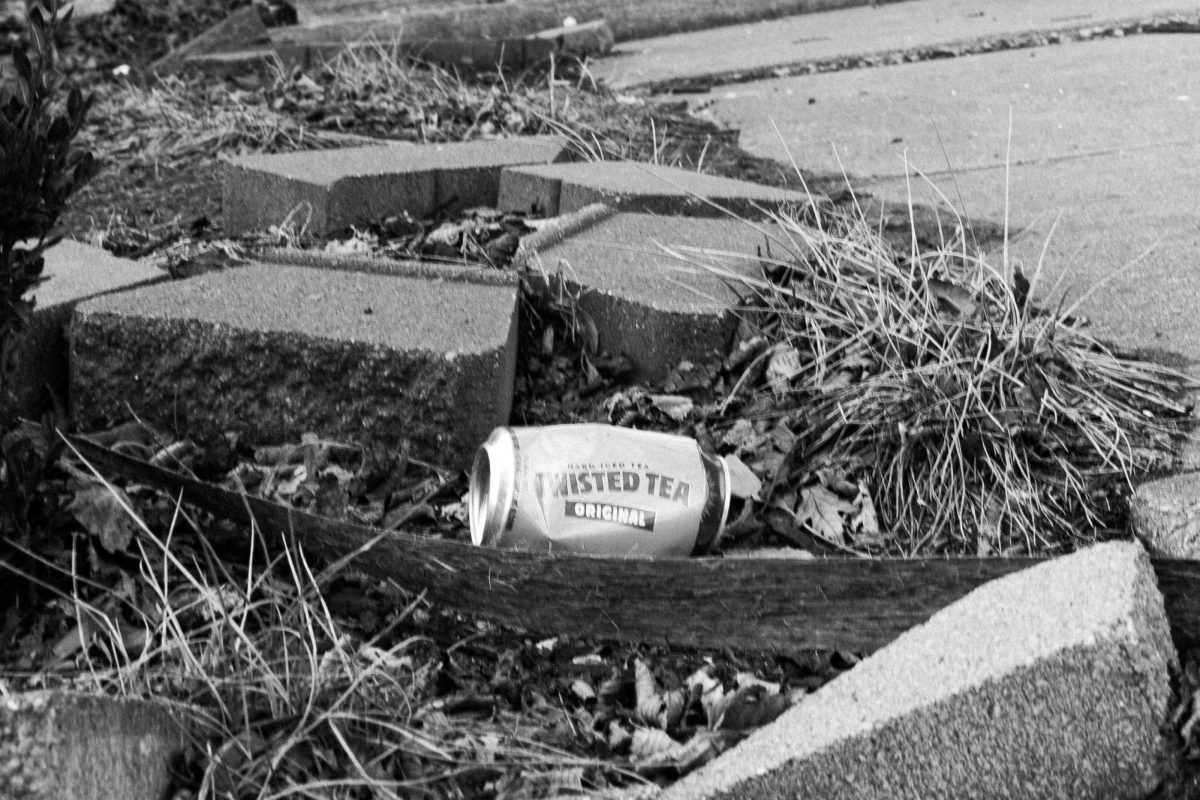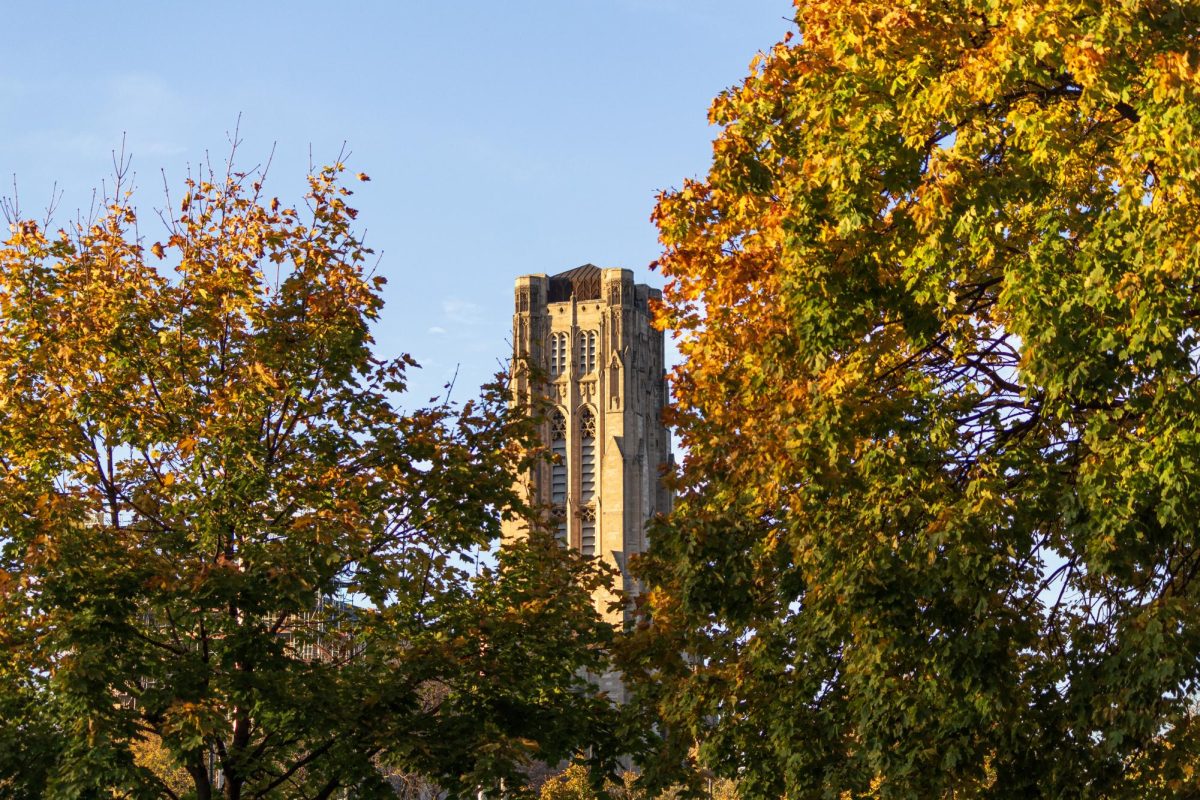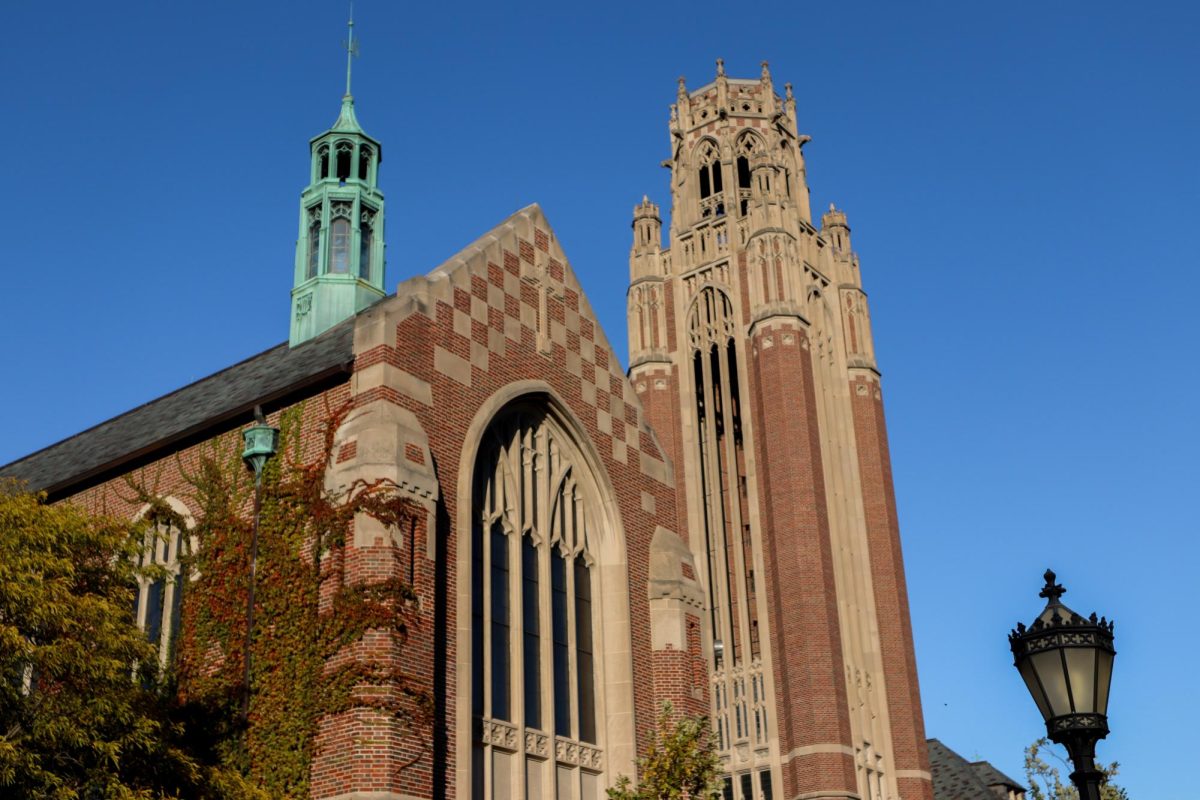At about 12 p.m. on May 16, Students for Justice in Palestine (SJP) at the University of Chicago set up an installation on Bartlett quad to mark the 70th anniversary of the Nakba, the Palestinian Catastrophe, when over 700,000 Palestinians were forcibly removed from their land by Zionist forces in an act of brutal settler-colonial ethnic cleansing. Our installation consisted of 70 flags, each with a fact about Palestine, Israel, and the Nakba. These facts were carefully researched and rendered in the installation. Though we are a political organization and make no claims to a mythical “neutral objectivity,” there were no falsehoods. Our goal was to educate, raise awareness, and foster discussion. The installation was thoroughly scrutinized in advance by the University administration and approved of. By 3 p.m. the same day, the installation had been vandalized, 10 of the flags were missing, and a hastily-written note was left, accusing us of anti-Semitism. This accusation is patently false. As has always been the case, we vehemently oppose anti-Semitism, just as we oppose all forms of racism. By 1 a.m. the following morning, all of the flags had been stolen.
These acts are as disappointing as they are lazy and ignorant. They are also neither surprising nor unique. SJP at the University Chicago has consistently been the target of both organized and individual harassment and disruption. Incidents have ranged from impersonation and defamation to sexual harassment and threats against loved ones. Many have demonstrated blatant racism and Islamophobia. Though the University administration has rightfully condemned individual cases of harassment, there is a disturbing reluctance to acknowledge that these are not isolated incidents. Though they may not all be perpetrated by the same people, they share an obvious and consistent aim: to intimidate and silence SJP and those who share its goals and positions. This harassment is not random, or unpredictable, or unusual. It is a deliberate attempt to suppress a dissident political position. This is exactly the sort of issue on which the University has spilled pages of ink, congratulating itself for standing up for free speech, no matter the popularity of the position. Why are the grand shows of principled, stubborn adherence to open discourse only trotted out when there’s a right-wing charlatan being invited to campus? Running contrary to much of current American political discourse and foreign policy, SJP’s position is exactly the type which needs the support of an institution devoted to free speech. If the University refuses to explicitly defend the rights of one of its most vulnerable student groups, if it refuses to acknowledge the intent and targeted unity of these incidents, we can only conclude that the slogans of “rigorous open discourse” and “free speech” have become little more than self-congratulatory, marketing aimed at flattering the youth-culture anxieties of aging potential-donor alumni.
— University of Chicago Students for Justice in Palestine








